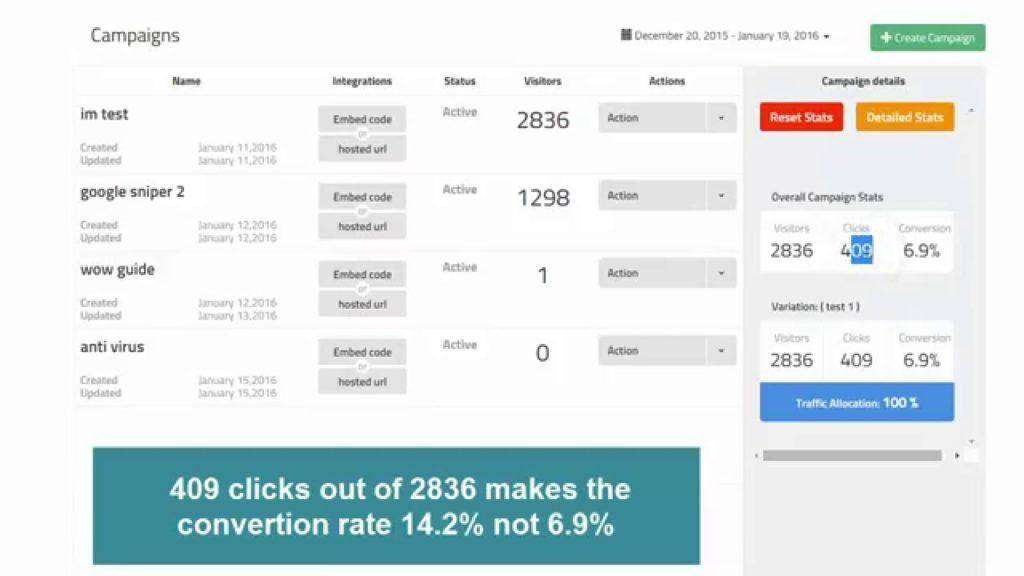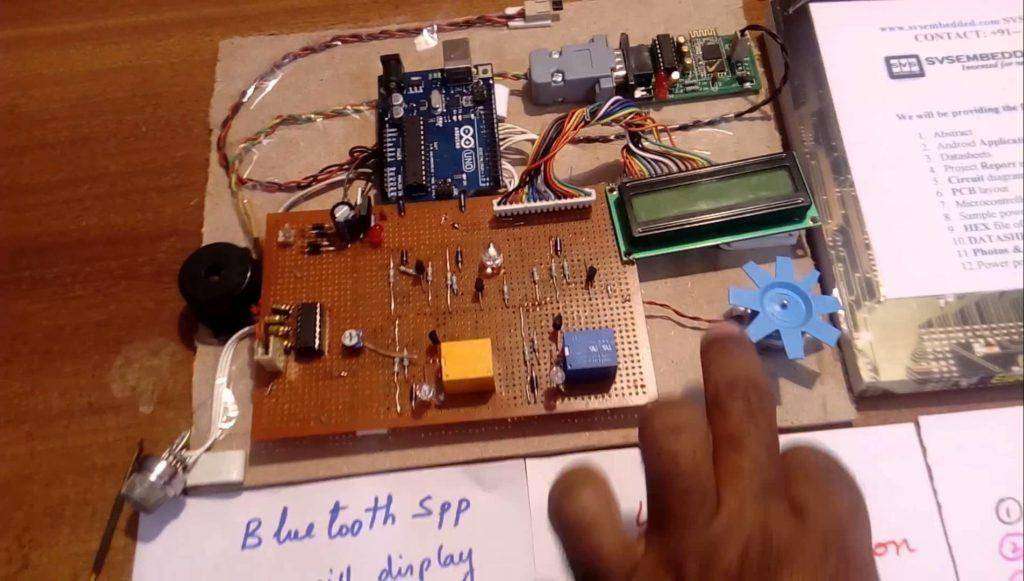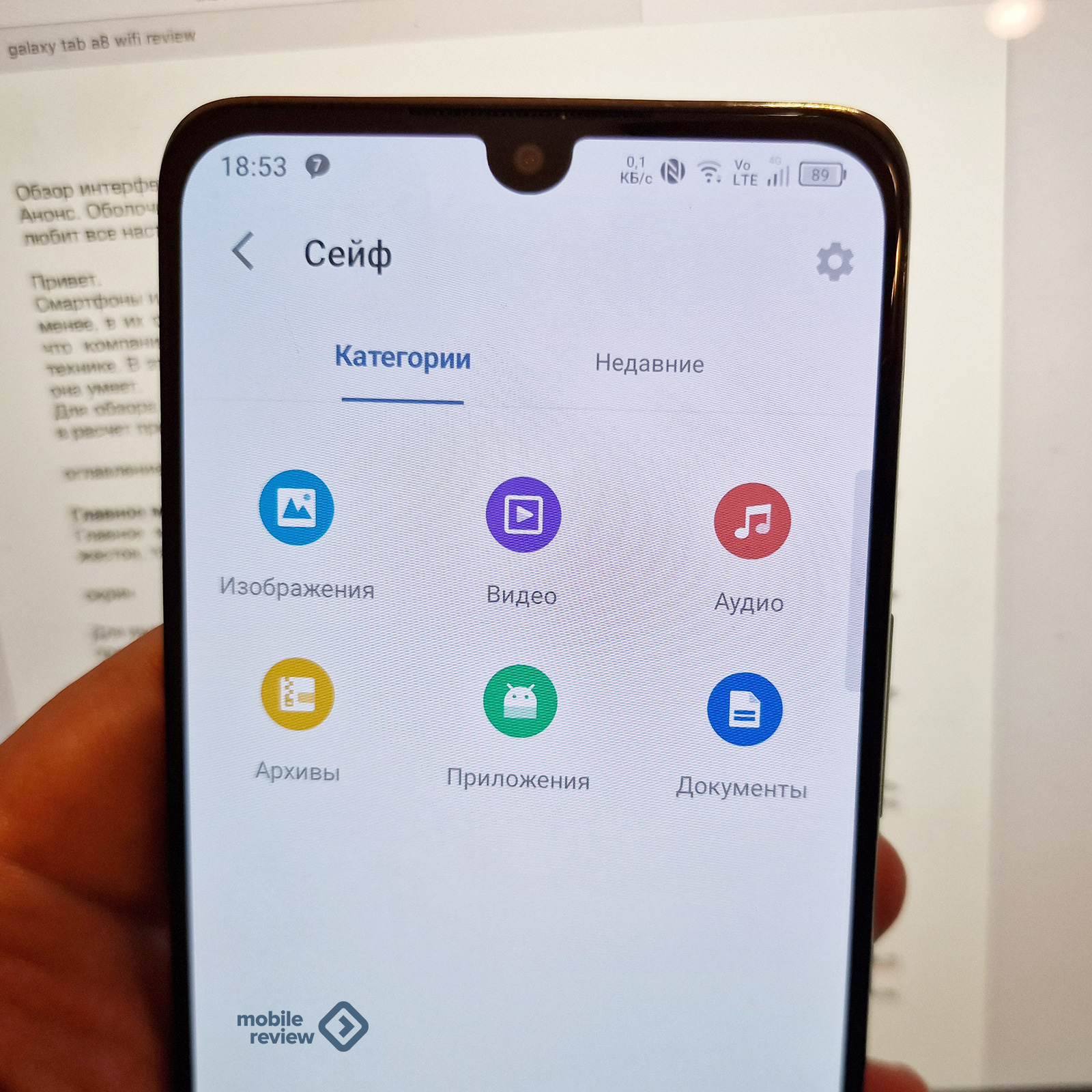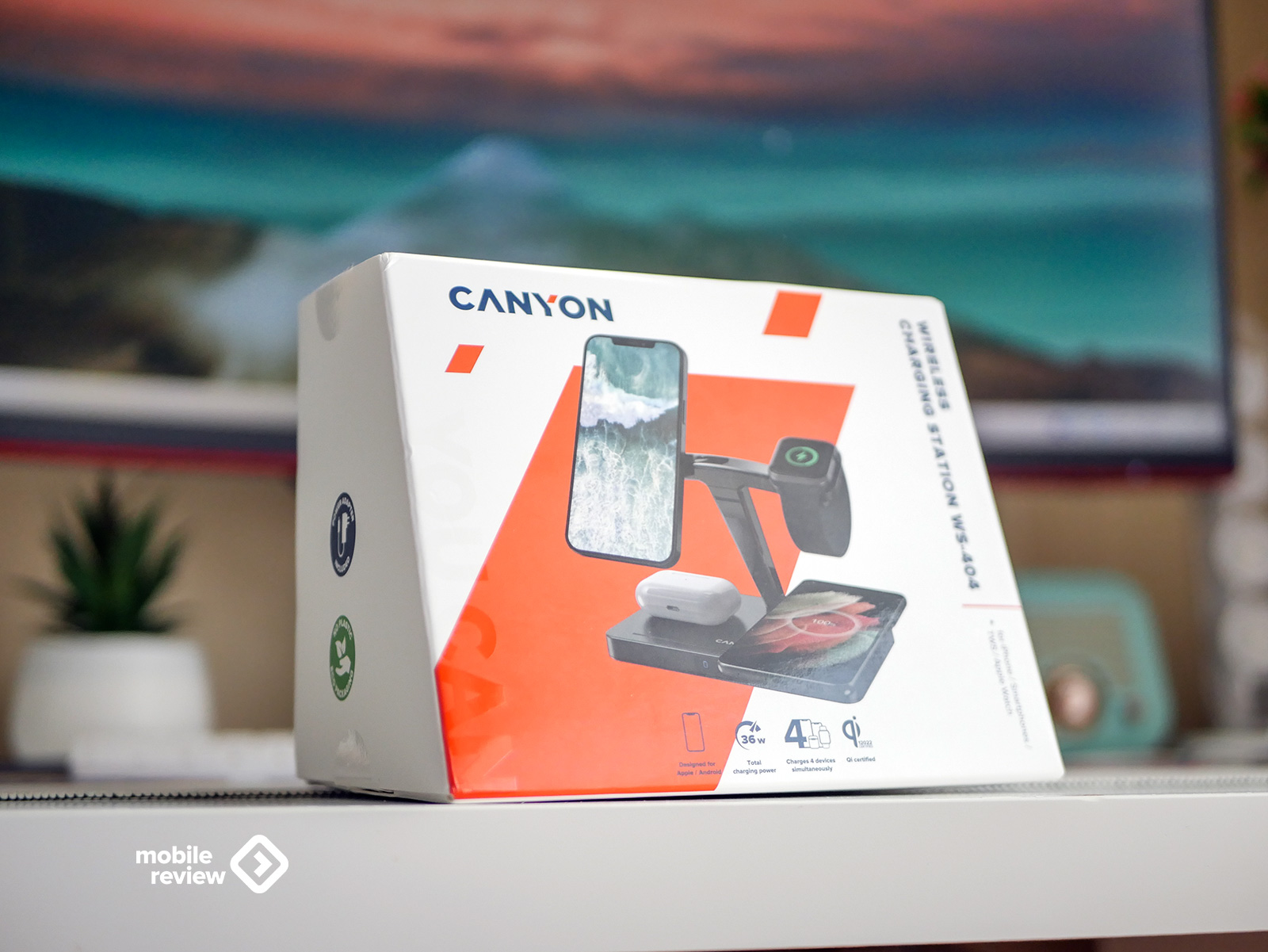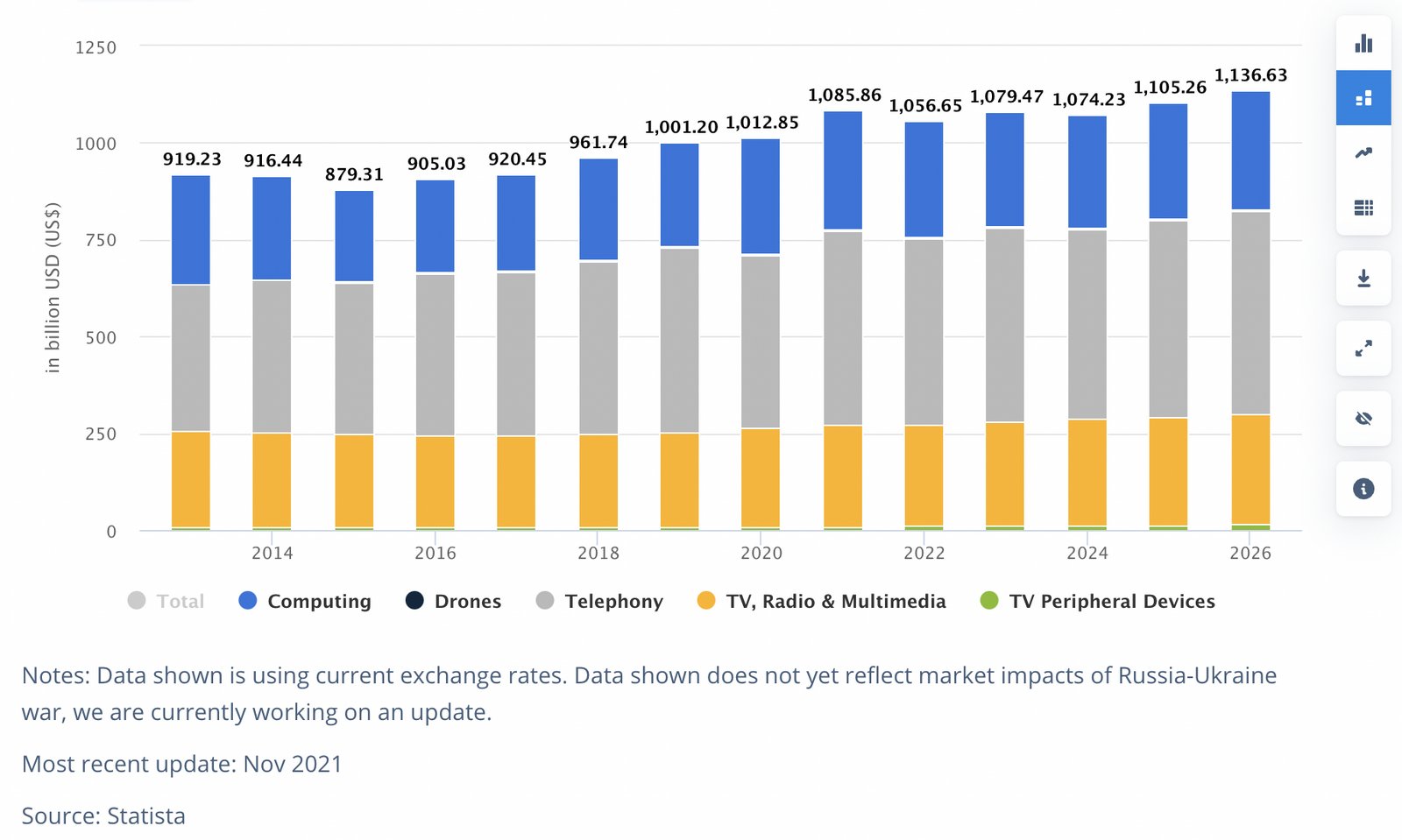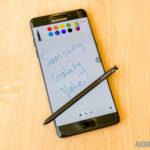
Express VPN review
❤ 534 , Категория: Новости, ⚑ 20 Авг 2017гСодержание
[ad_1]
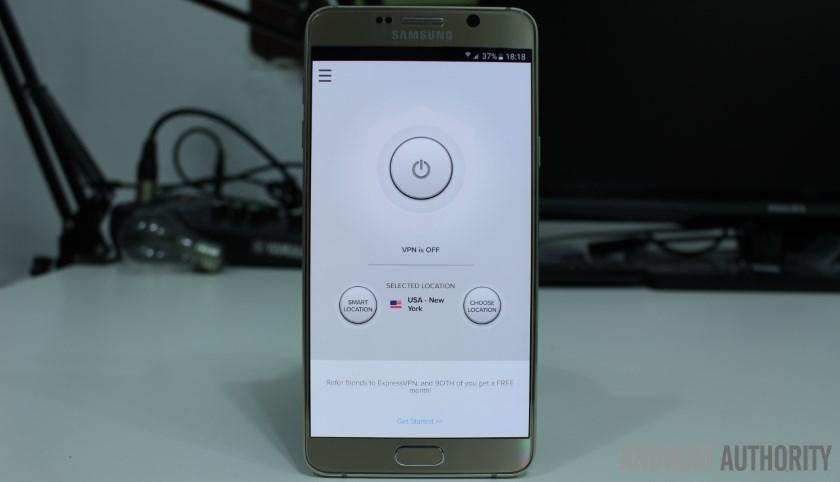
It seems to me that a week can’t go by without there being some revelation or other connected with privacy, and not only in North America, but in Europe and other parts of the world. The digital age has brought it tremendous benefits, but it has also added some unique and new problems.
If you have read my article What is a VPN – Gary explains then you know that whenever you do something Internet related, like opening a web page, the data travels from your computer over your local setup out to the phone company and then into the wild west that is the Internet. All these packets of data need to have some addressing information: where is it going and where did it come from. There are several different layers of addressing depending where the data packet is on its journey, however at the highest level there is an address known as an IP address.
You have probably seen them. IPv4 addresses are made up of four numbers less than 256 with a dot between them, say 10.2.18.67 or 34.16.23.198. The IP address is used to route the data to your computer. The problem with IP addresses is that 1) they are visible to every piece of equipment that deals with your network traffic, 2) they are assigned in blocks. The result is that the servers you connect to know you IP address, as does your Internet provider. To test this, visit a site like whatismyipaddress.com or ipfingerprints.com and you will see what I mean. Also your Internet provider probably knows which websites you are visiting and if the website isn’t using HTTPS then there is the potential that your Internet provider can also see what you are posting.
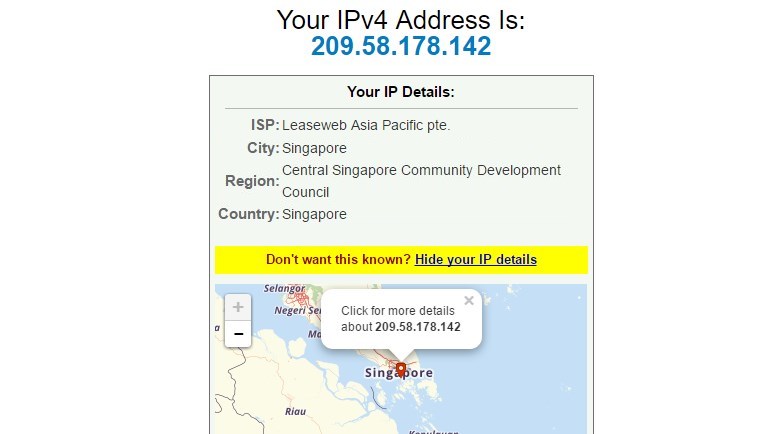
Then there is the issue of public Wi-Fi hotspots. Many free Wi-Fi hotspots are completely open without any encryption. This means all your data can be captured by a hacker. Plus there is the problem of fake rogue Wi-Fi hotspots, setup just to steal your info. Hey, look, the coffee shop now has free Wi-Fi, it didn’t last week, they must have upgraded… great! Or is it some hacker just setting up a honey pot to capture you unawares? Bottom line: never, never, never do anything like access online banking or PayPal when connected to public Wi-Fi… Never!
So this is all very bad when it comes to protecting your privacy. The solution is to use a Virtual Private Network (a VPN). A VPN establishes an encrypted connection to another point on the Internet, probably in another country. Your data will first go over the encrypted connection to the VPN server and then make its way onto the public Internet. Like a rabbit diving down a hole which leads to another exit somewhere else.
The result is that your IP address is now masked as your data will have the VPN server’s IP address, plus the data is encrypted which means your Internet service provider (and by extension the local authorities) can’t snoop at your data.
There are lots of VPN providers, however finding a reliable and trustworthy service can be a challenge. To make it easier for you, I have been testing out Express VPN. Before we look at the key features, I just want to point out that this is a neutral review, we aren’t being paid or sponsored by Express VPN in anyway. However if you do buy the service using the links we provide that will help us out a bit! So here are the main features:
- You can choose VPN servers from 136 cities in 87 countries.
- Express VPN has a hassle-free 30-day money-back guarantee.
- You get access to a full suite of easy-to-use software for all your devices (including Android, Windows, Mac, Linux, Routers, and iOS).
- Unlimited bandwidth.
- Zero logging of your network traffic.
- Simultaneous connections on up to 3 devices.
The software
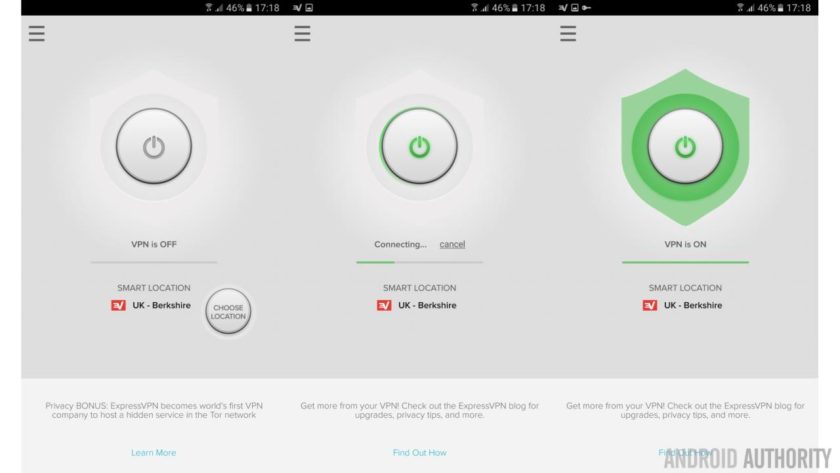
Many VPN services don’t provide any custom software, which isn’t bad per se, however it means to get the VPN up and running you need to dive deep into the network settings of your device and add the VPN server details manually. For Android you tap on More… under the Wireless & Networks section of the Settings, then tap VPN and then add a new VPN. Then you enter the server details along with your username and password. This must be repeated for every server you wish to use. Since the big services will have over 100 VPN locations then that is a lot of tapping!
However Express VPN has apps/programs for all the major platforms including Android , Windows, macOS, and even iOS. This means that setup is really easy. On Android you just install the app from Google Play, login and then tap the connection button in the app. Using a different server is also easy as you just tap on the “Choose Location” button and then pick a server from the list. You can also get the same app for the Kindle Fire, which is very useful as access to the VPN settings has been disabled on FireOS.
The Express VPN software also works in essential the same way on other platforms like Windows or macOS.
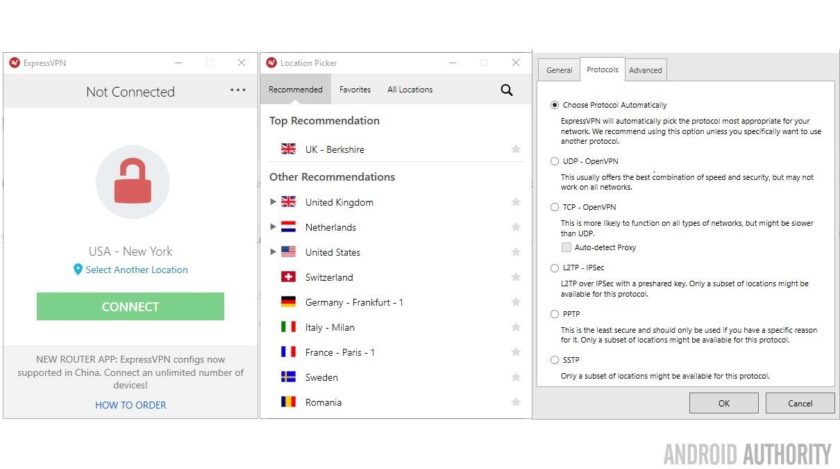
The speeds
One of the key features of any VPN service is the speed that it is able to provide to its customers. If a VPN service has a thousand endpoints in 50+ countries and the best encryption technology available but when you connect you access the web at a snail’s pace then the service is worth nothing. Express VPN has lots of endpoints plus strong encryption, but it also has the speed.
I tested Express VPN on my Android smartphone (a Samsung Galaxy Note 5), on a Kindle Fire 7 inch and on a Windows 10 PC. I used the broadband testing service speedtest.net via the web browser or using the Android app (depending on which device I was testing).
First of all let’s establish a very simple baseline for the speed of my Internet connection. According to speedtest.net I can download data from a local server in my neighborhood at around 34 Mbps. And I can upload at around 24 Mbps. A VPN connection will be lower than this for two reasons. First the data is being encrypted and decrypted by the client device (e.g. my Android smartphone) and by the VPN server. Second, many times your VPN connection will be to a server in another country. That means that the data has to physically travel further, sometimes even to the other side of the world.
Using my Note 5 I connected to VPN endpoints in New York and in the UK and ran the speed test. Here are the results:
- UK VPN endpoint: 20.02Mbps download and 18.77 Mbps upload.
- NY VPN endpoint: 20.73Mbps download and 17.94 Mbps upload.
To put that into some context, running the same tests downloading and uploading data from a server in NY and UK without the VPN gives me:
- UK server, no VPN: 27.30Mbps download and 25.70 Mbps upload.
- NY server, no VPN: 32.08Mbps download and 21.26 Mbps upload.
I think you will agree that the VPN numbers are fairly impressive. In real terms the download speeds are about 80% of what is possible without a VPN running. It also shows how dependent the overall VPN speeds are on the speed of the underlying connection via my local Internet provider and the backbone routes across the world.
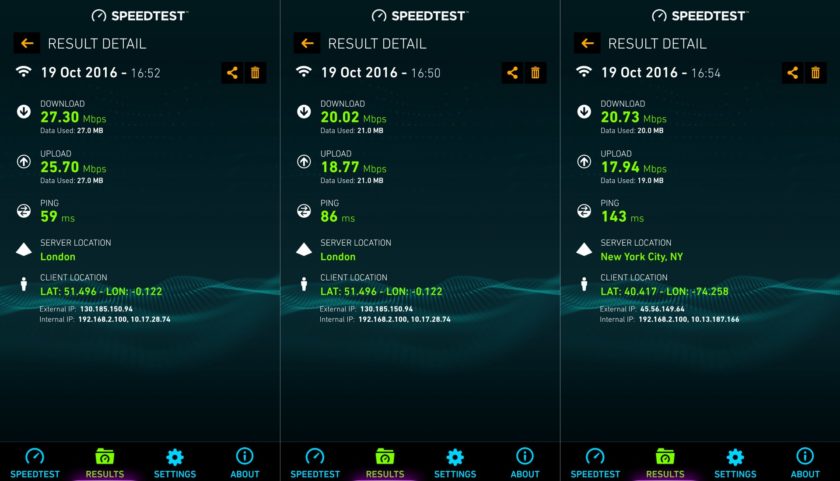
On Windows the experience was similar:
- NY VPN server: 20.74Mbps download and 17.95 Mbps upload
For a comparison I used the VPN server built into the Opera web browser:
- Amsterdam VPN built into Opera (from SurfEasy): 29.96 Mbps download and 18.64 Mbps upload.
- NY VPN built into Opera (from SurfEasy): 12.43 Mbps download and 10.03 Mbps upload.
While the Amsterdam speeds are similar to the UK speeds (tested on the Note 5), the NY speeds from Express VPN are clearly higher on both Android and Windows.
Finally I tested Express VPN on the Kindle Fire. Amazon has limited the access to the VPN settings on Fire OS, so having a VPN client available is great news. Here are the results:
- UK VPN endpoint: 5.98Mbps download and 12.92 Mbps upload.
- NY VPN endpoint: 5.07Mbps download and 9.82 Mbps upload.
By comparison, running the speedtest.net test against a NY server without the VPN yielded:
- NY server , no VPN: 18.28 Mbps download and 21.65 Mbps upload.
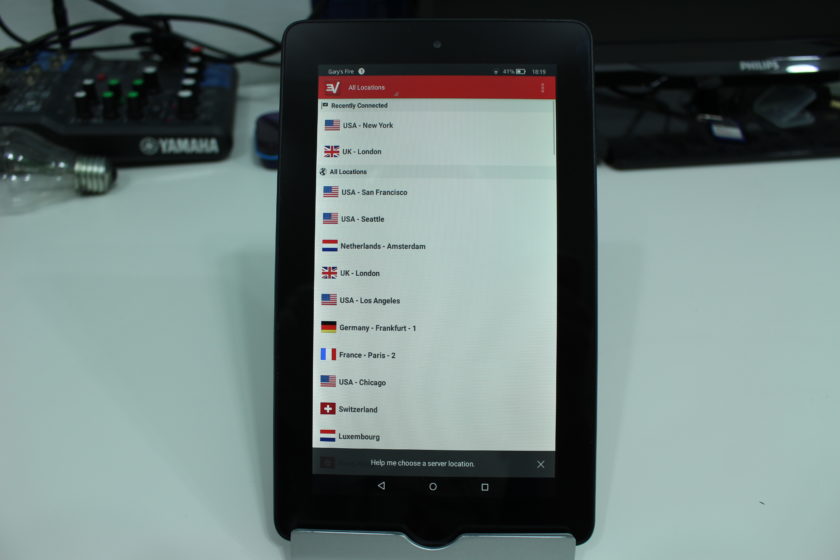
So the Kindle Fire can certainly get good access speeds without the VPN, however with the VPN running then the results are a bit disappointing. Overall the VPN download speeds are around one third of what is possible without the VPN. I can only guess that this has something to do with FireOS.
Wrap-up
There is certainly a lot of choices available when it comes to VPN services and Express VPN isn’t the only service out there. However from my testing it looks like a solid service and one that can be trusted. The software on Android and Windows is excellent and I have no reason to doubt that the same isn’t true for macOS and iOS. You can get Express VPN for $12.95 per month, however if you pay for the whole year then you get a 35% discount and the effective monthly price drops to $8.32.
[ad_2]
Source link
- (Update: First pictures) Galaxy C9 Pro with 6GB RAM leaked hours ahead of launch
- AT&T and Time Warner reportedly in early takeover talks
- Reliance Retail introduces special edition LYF F1 in India
- Which new Android 7.1 Nougat feature you appreciate the most? (poll results)
- Samsung Galaxy Note 7s not allowed on Amtrak either

